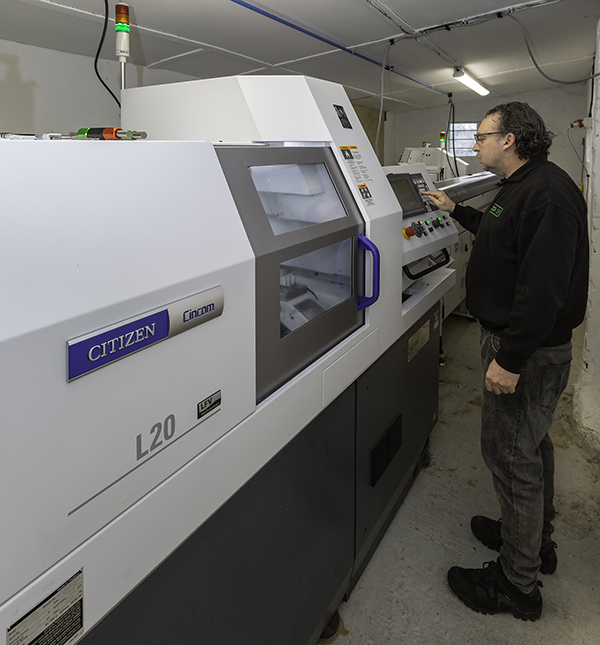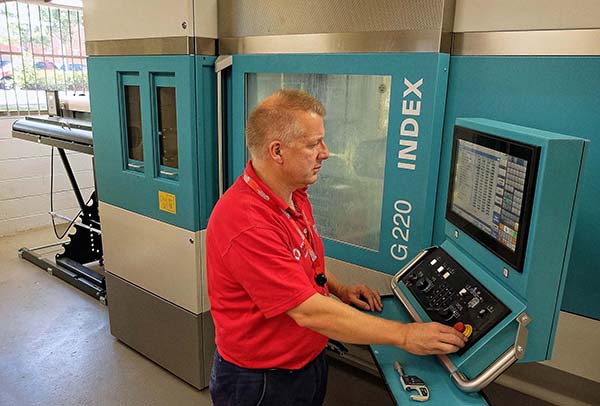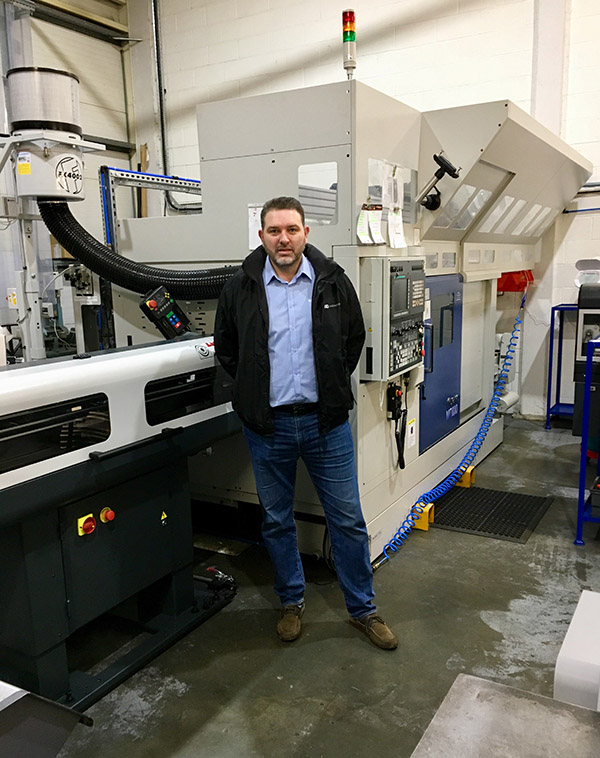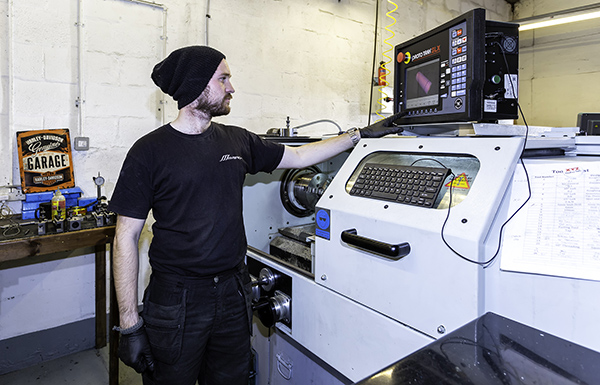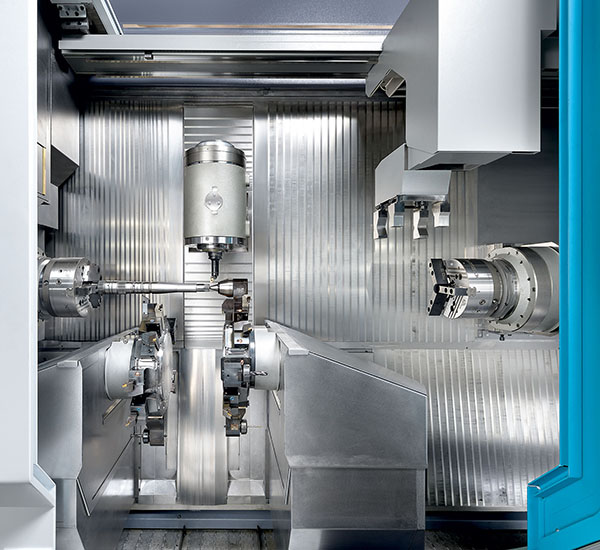As one of the UK’s foremost exponents of machining plastic components, Hertfordshire-based Plastic Turned Parts continues to invest in its future. The recent arrival of two Citizen sliding-head lathes means that the company’s total investment in 2018 exceeded £400,000.

The two new machines, a Citizen L20 with its LFV technology and a Citizen B16E sliding-head lathe, bring the total number of CNC lathes to 11, all of which are used solely for the machining of a wide range of plastic materials. Plastic Turned Parts fills the volume niche where injection moulding is not viable due to time and/or cost restraints, or where the plastic material is simply not capable of being moulded.
“Everything we machine here is plastic and we are able to achieve much greater dimensional accuracy, with no concerns over shrinkage,” says Jonathan Newis, managing director. “Three of our Citizen machines have LFV technology, which is ideal for machining plastics as swarf can be controlled precisely.”
Growth at Plastic Turned Parts is coming from old and new customers across a diverse range of industries. One particular client has increased its requirement for two specific components from 50,000 each, to 150,000 each, and one of the two new machines will be dedicated to that work. This increase is down to strong global sales among its customers and a trend in reshoring parts.
“Customers are seeing distinct advantages to having plastic parts machined rather than moulded, mainly around cost and timescale relating to manufacturing mould tools, but also the consistent quality that machining can bring,”
says Newis.
For further information www.plasticturnedparts.co.uk






